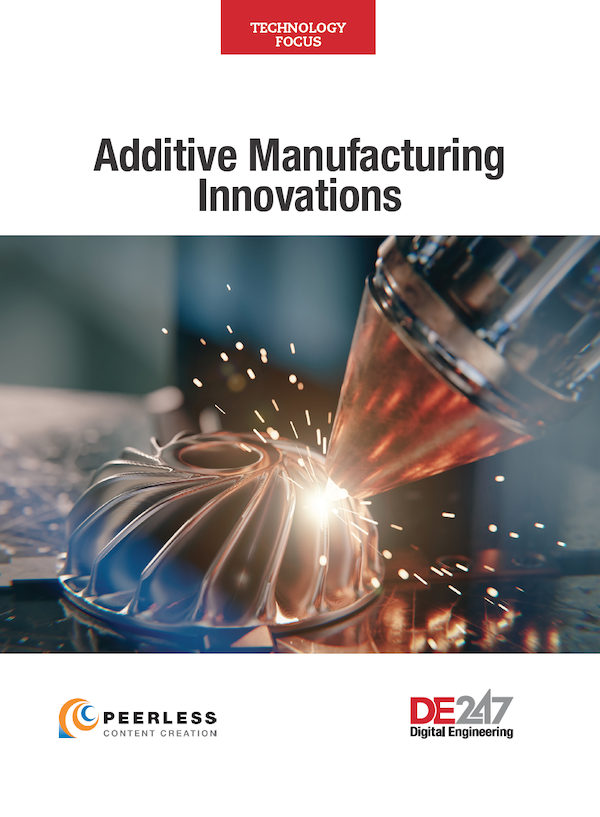Upwing Energy Unveils AM Process for SCS Compressor Module
By leveraging metal AM and Velo3D expertise, Upwing can go from engineering design to full SCS compressor rotor assembly in 10 weeks, company says.

Upwing’s Subsurface Compressor System. Image courtesy of Velo3D.
December 12, 2023
Upwing Energy, a gas tech innovator and service company, reports the integration of metal additive manufacturing (AM) to its manufacturing process. Leveraging laser powder bed fusion (LPBF), Upwing has optimized manufacturing time needed to support its Subsurface Compressor System’s (SCS) gas well deployment schedules and maintained quality and durability in manufactured parts, as demonstrated through testing with Velo3D, a metal 3D printing technology company.
Upwing’s SCS, which increases the production and recoverability of natural gas from existing wells, employs a multistage hybrid axial compressor, which increases drawdown at the intake and boosts pressure at the discharge, according to the company. The SCS’s compressor module is aerodynamically designed to match well-specific flow parameters for maximum production gain. The rotor design is challenging to manufacture as it requires complex surface geometries, the company notes. All compressor components are manufactured from Inconel 718.
By leveraging metal AM and Velo3D’s expertise, Upwing can move from engineering design to full SCS compressor rotor assembly in 10 weeks’ time. Metal AM also allows for creation of intricate designs and provides geometric and material benefits. Tensile tests have shown that material properties of AM Inconel 718 meet the ASTM F3055 requirements and requirements specific to the downhole compressor application.
“All of our work at Upwing is underscored by the belief that continuous improvement is always possible,” says Robert McKeirnan, vice president of Supply Chain and External Manufacturing at Upwing Energy. “Our decision to integrate additive manufacturing makes us more scalable and adaptable. It allows us to create parts that are not only durable, but intricately designed and finished with the highest level of precision.”
To compare the mechanical properties of AM components to those produced through machined billet, a standard method across many industries, Upwing performed several tests simulating the conditions found in the SCS’s gas compression process. AM parts and billet-produced parts were tested at rotational speeds of 55K RPM or higher, representing the operational overspeed for the SCS.
The parts were then subject to detailed inspection, including using dye penetrant to reveal any surface defects, were balance checked and inspected for dimensional precision. The parts were finally subject to spin-to-burst testing to validate the integrity of each manufacturing method. The additive manufactured parts successfully endured standard operating conditions, and exceeded overspeed conditions by 2.1 times before failure.
Sources: Press materials received from the company and additional information gleaned from the company’s website.
Subscribe to our FREE magazine, FREE email newsletters or both!
About the Author
DE’s editors contribute news and new product announcements to Digital Engineering.
Press releases may be sent to them via DE-Editors@digitaleng.news.






